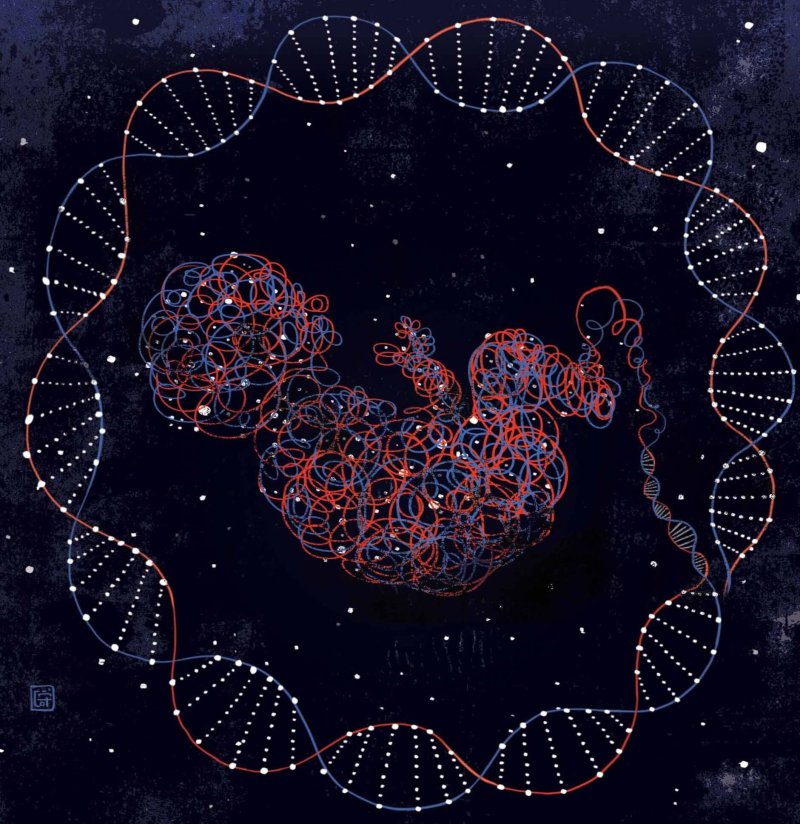What if laboratories could run comprehensive DNA tests on infants at birth, spotting important variations in their genomes that might indicate future medical problems? Should parents be told of each variation, even if any risk is still unclear? Would they even want to know?
New parents needn’t confront these difficult questions just yet. The more than four million babies born in 2014 in the United States will likely be screened in traditional ways — by public health programs that check for sickle cell anemia and several dozen other serious, treatable conditions.
But that may change in the next few years, as technology that can sequence and analyze the entire genome of a child becomes available, potentially detecting a range of inherited genetic conditions at birth.
Read the full, original story: The Path to Reading a Newborn’s DNA Map
Additional Resources:
- Researchers Study Value of DNA Analysis in Screening Newborns, Wall Street Journal
- The government has your baby’s DNA, CNN
- Newborn screening bloodspot samples: opportunity or liability?, pghFoundation































